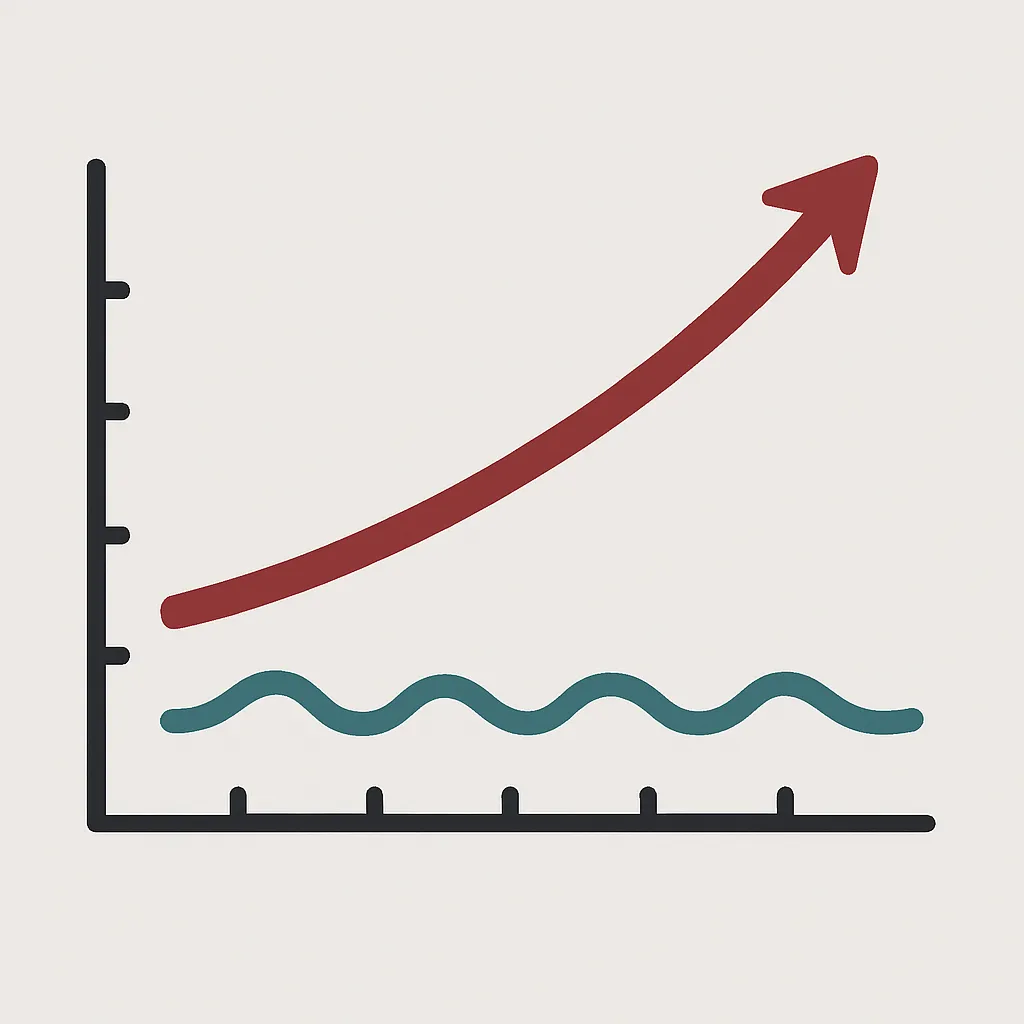Autism Diagnoses Are Rising. Autism Traits Aren’t.
 In a world full of headlines warning of an "autism epidemic," a new study quietly tells the truth: autism traits aren’t increasing. Diagnosis is.
In a world full of headlines warning of an "autism epidemic," a new study quietly tells the truth: autism traits aren’t increasing. Diagnosis is.
In a study titled “No increase in parent-reported autism symptoms among adolescents born 1993–2001: Findings from a large population-based cohort,” researchers in Sweden looked at nearly 10,000 teens born between 1993 and 2001. Using the same parent-report tools across every year, they tracked whether autistic traits — differences in communication, social interaction, sensory patterns — were becoming more common.
They weren’t.
"The rise in clinical diagnoses of ASD... does not seem to be paralleled by a similar increase in ASD symptoms."
The data shows it plainly: no upward trend in autism traits. Even among teens scoring in the highest 5% for traits, the numbers were flat. ADHD traits rose a bit in girls, but even that shift was modest.
What Does That Mean?
It means the increase in autism diagnoses isn’t about more autistic people existing. It’s about more autistic people being labeled.
Sometimes that’s a good thing: more access, more support, more recognition. But other times, it’s a sign of diagnostic inflation:
- Systems lowering the threshold for what gets labeled
- Parents pressured to pursue diagnoses to unlock school support
- Shifting definitions of what counts as "disordered"
Why AAB Is Paying Attention
Because this study destabilizes the whole premise of panic-driven autism narratives.
There is no autism explosion.
There is no tidal wave of pathology.
What there is, is a slow, partial, flawed awakening to human neurodiversity. And sometimes, a confusion between difference and disorder.
AAB’s Take
Autism isn’t rising.
Recognition is.
And maybe, misrecognition too.
Let’s stop treating numbers like threat signals. Let’s start asking: Who benefits from rising diagnoses? Who gets left out? Who gets pathologized, when all they ever needed was support?
Because autistic people don’t need your fear.
We need your clarity.